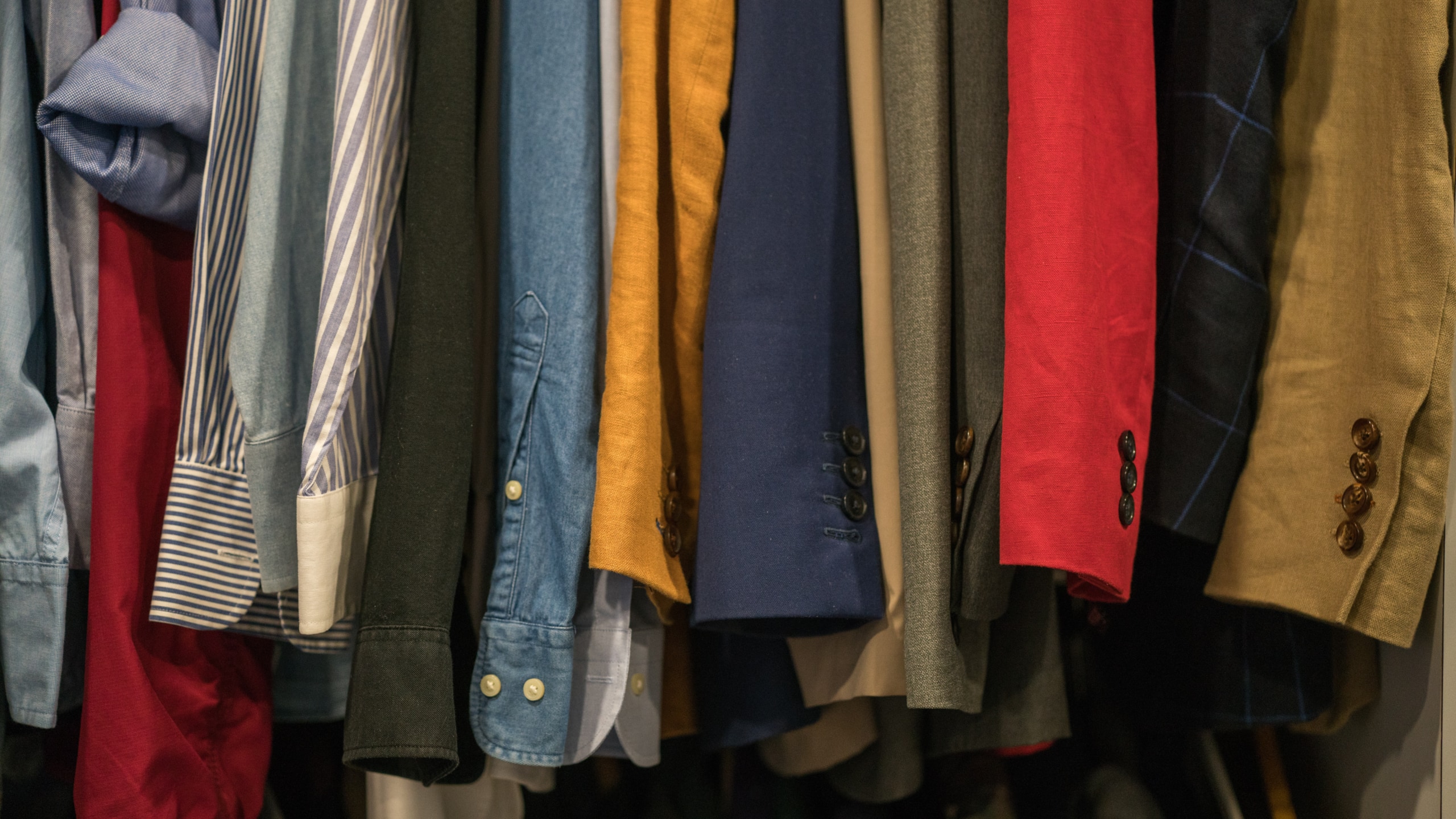
Suiting up for a flexible working environment
The pivot to flexible working arrangements has ushered in a less formal work environment: staff conferences from the kitchen table, job interviews in the bedroom, sales pitches while standing next to the family dog. This newfound informality has also been accompanied by a relaxation in workplace dress codes: what are our work-wear expectations in the flexible office structures of the future?
There is a long held (gendered) belief that for men, wearing a suit and tie earns you more respect at work. However, during the past two years of working from home, business leaders, executives, and managers who wore a tie while video conferencing from home were mocked for the stiffness of such formality.
I do notice what the more senior executives are wearing [on Zoom] though, because they are always in suits. It seems ridiculous in this context.
Woman, Education & Training
Instead, respondents of a recent survey on work attire in the age of remote working preferred to see a more authentic side to an organisation’s management.
Nice to see managers wearing more relaxed clothing during Teams meetings. Helps to set a standard.
Man, Public Administration & Safety
Seeing senior leaders dress more casually on video conference can normalise a casual work aesthetic. There is an awareness that work is taking place within the home and therefore comfort is acceptable.
Interestingly, this openness and acceptance of real life appearing on screen, did not stop respondents from also changing their outfits for external video conference meetings with clients, customers and stakeholders.
I often hear others (my partner and friends) complaining about the pressure to turn on the camera and having to get changed for meetings.
Man, Information Media & Telecommunications
This may indicate an increasing normalisation of the workplace moving to a home setting where appearances of one’s home/ work environment are secondary to one’s personal appearance. Indeed, dress and appearance in the workplace have emerged as an important site of professional identity construction.
However, women from a range of industries also cited dressing up for management and clients when working from home.
Gendered expectations around appearance can vary across different workplace environments. While working from home may have relaxed some of these norms and expectations, women are still subjected to greater scrutiny than men over their appearance and attire.
If I am going to be on Zoom, I’ll put on eyeliner, mascara, eyeshadow, and lipstick, and straighten my hair.
Woman, Education & Training
How are the material objects of the tie and suit, or lipstick and the high heel, and now the hoodie and the elasticated linen pant evaluated aesthetically and morally at home, at the office, in the client meeting, or social work event? What does COVID fashion tell us about aesthetics and gender (in)equality in the post-lockdown era?
I think while fintech has always been casual, there has been a strong emphasis on outward appearance, of being hip, fashionable, put together.
Woman, Financial & Insurance Services
While ‘COVID casual’ has crept into our wardrobes, this trend may only be short term. While the easing of COVID restrictions may have reignited desires to dress up again, it’s important to note that pre-pandemic conventions of business formal and business casual have often reproduced and legitimised traditional workplace discrimination. Survey respondents’ reflections on remote work has highlighted that work attire should not be a measure of professionalism, and yet appearance at work still matters.
New sartorial sensibilities have the potential to challenge the status quo. As we enter into new hybrid work arrangements what we wear to work presents an opportunity to challenge gendered norms and allow us to more comfortably express our personal and professional identities in the office and from home.
This is part of a series of insights related to Coronavirus (COVID-19) and its impact on business.
Image: mentatdgt
Briony is a Postdoctoral Research Associate at the University of Sydney Business School. Her research interests include gender equality and the empowerment of women.
Share
We believe in open and honest access to knowledge.
We use a Creative Commons Attribution NoDerivatives licence for our articles and podcasts, so you can republish them for free, online or in print.







